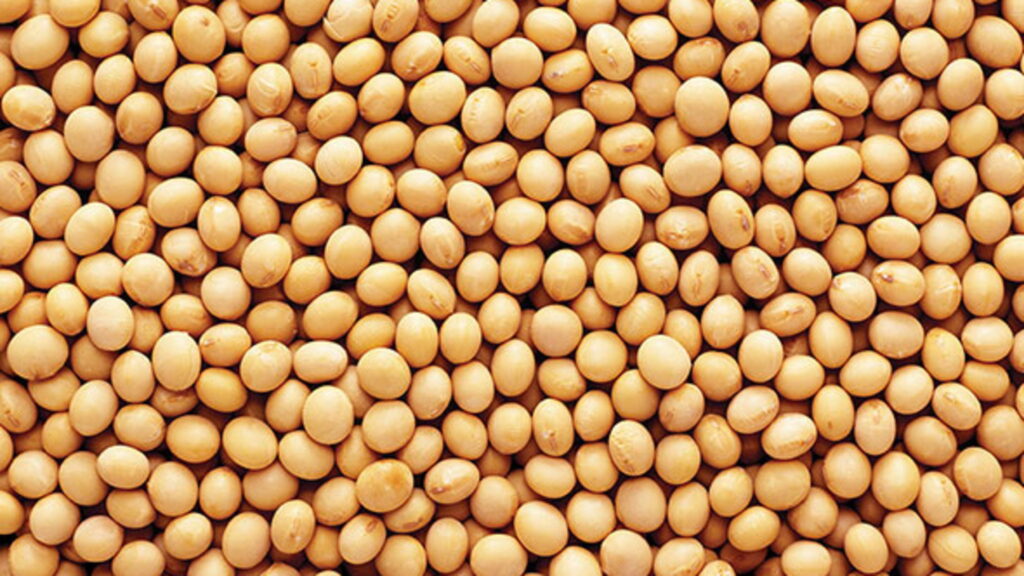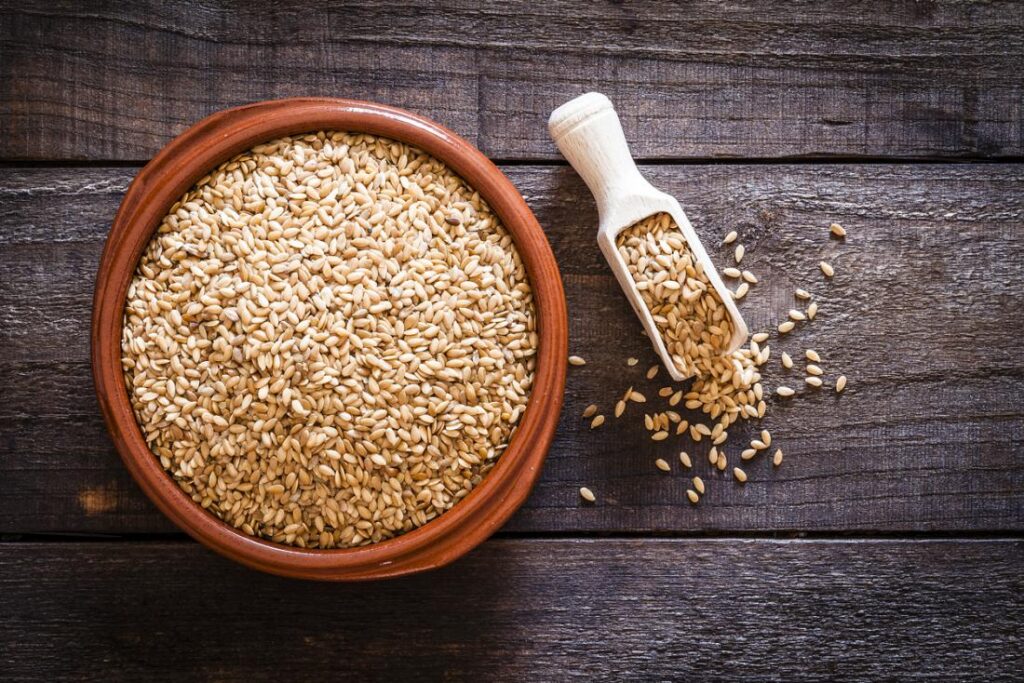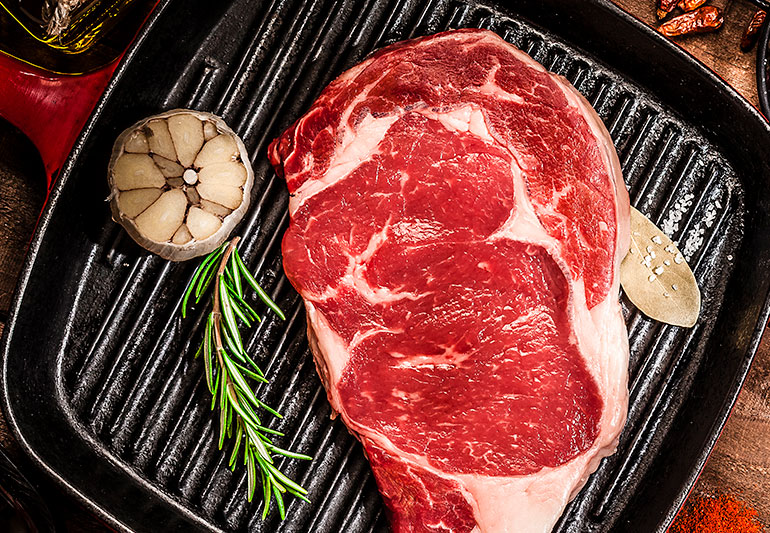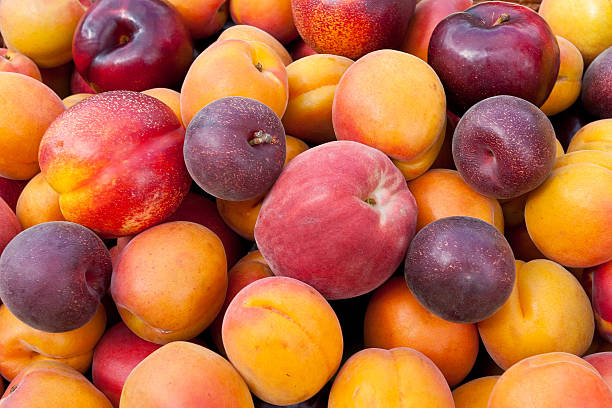Estrogen is typically thought of as a female hormone, but it is also present in smaller amounts in men. While estrogen plays important roles in both genders, an imbalance of estrogen levels in men can lead to various health issues, including decreased libido, infertility, and increased risk of certain cancers. Certain foods contain compounds known as phytoestrogens, which mimic the effects of estrogen in the body and may contribute to elevated estrogen levels in men. That’s why, we have explained about 10 high estrogen foods to avoid for men so that they can prevent the unnecessary estrogen boost in their body. Without further ado, let’s take a detailed look at all these 10 high estrogen foods that you as a man must avoid to keep your hormonal levels in balance and to keep the unwanted health and sexual troubles at bay.
Soy Products
The first foods in our list of high estrogen foods are Soy products, including soybeans, tofu, soy milk, and soy protein isolate. They are rich sources of phytoestrogens known as isoflavones. These plant-based compounds can bind to estrogen receptors in the body and exert estrogen-like effects, potentially disrupting hormonal balance in men. While moderate consumption of soy foods is generally considered safe for most individuals, excessive intake may lead to adverse effects, particularly in men with existing hormonal imbalances or conditions such as prostate cancer. To reduce estrogen exposure, men may choose to limit their consumption of soy-based products and opt for alternative sources of protein and nutrients.

Processed Foods
Processed foods, including packaged snacks, convenience meals, and fast food, often contain additives, preservatives, and synthetic hormones that may disrupt hormonal balance in men. Chemicals such as bisphenol A (BPA) and phthalates, commonly found in plastic food packaging and containers, have been linked to estrogenic effects and may contribute to hormonal imbalances. To reduce exposure to these harmful substances, men can opt for whole, minimally processed foods and choose glass or stainless steel containers for food storage whenever possible.

Flaxseeds and Flaxseed Oil
Flaxseeds are another high estrogen foods that are significant source of phytoestrogens, specifically lignans, which can influence estrogen levels in the body. While flaxseeds are touted for their health benefits, including omega-3 fatty acids and fiber, men may need to exercise caution when consuming them regularly. High intake of flaxseeds or flaxseed oil may lead to increased estrogen activity and potential hormonal disruptions. Men who are concerned about estrogen levels may consider reducing their intake of flaxseeds or opting for other sources of essential nutrients and healthy fats.

Red Meat
Red meat, particularly beef and lamb, contains saturated fat and arachidonic acid, which can stimulate estrogen production in the body. Additionally, conventionally raised livestock may be treated with growth hormones and antibiotics, which can further disrupt hormonal balance in consumers. While lean cuts of red meat can be part of a balanced diet, men may choose to moderate their intake and opt for organic or grass-fed varieties to minimize exposure to exogenous hormones and other potentially harmful substances.

Alcohol
Alcohol consumption has been associated with alterations in hormone levels, including increased estrogen production and decreased testosterone levels in men. Chronic alcohol abuse can lead to liver dysfunction, impairing the body’s ability to metabolize estrogen effectively and leading to estrogen dominance. This makes alcohol one of the proven high estrogen foods that you need to avoid drinking excessively. While moderate alcohol consumption may not significantly impact hormonal balance in healthy individuals, excessive or long-term alcohol intake may exacerbate hormonal imbalances and contribute to adverse health effects. Men concerned about estrogen levels may consider limiting alcohol consumption and adopting healthier lifestyle habits.

Pesticide-Contaminated Produce
Conventionally grown fruits and vegetables may contain pesticide residues, some of which have been found to exhibit estrogenic activity. These synthetic chemicals can disrupt endocrine function and interfere with hormone signaling pathways in the body. To reduce exposure to pesticides and minimize potential hormonal disruptions, men can choose organic or locally grown produce whenever possible and wash fruits and vegetables thoroughly before consumption.

Processed Soy Products
In addition to whole soy foods, processed soy products such as soy protein isolate and soy-based meat substitutes may contain concentrated levels of phytoestrogens making them high estrogen foods too. These highly processed soy derivatives are often used as ingredients in various packaged foods and beverages, including protein bars, shakes, and meat analogs. Men concerned about estrogen levels should read food labels carefully and limit their consumption of processed soy products to avoid excessive exposure to phytoestrogens and potential hormonal imbalances.
Legumes
Certain legumes, such as chickpeas, lentils, and kidney beans, contain moderate levels of phytoestrogens, particularly isoflavones and coumestans. While legumes are valued for their nutritional content, including protein, fiber, and micronutrients, men may wish to moderate their consumption to avoid excessive estrogen exposure. Incorporating a variety of legumes into the diet in moderation can provide health benefits without significantly impacting hormonal balance.

Dairy Products
Certain dairy products, such as milk, cheese, and yogurt are high estrogen foods which may be of concern for some men. While dairy consumption is a controversial topic, as it provides essential nutrients such as calcium, vitamin D, and protein, men may opt for hormone-free or organic dairy products to minimize exposure to exogenous hormones. Additionally, choosing plant-based alternatives to dairy, such as almond milk or coconut yogurt, can provide similar nutritional benefits without the potential hormonal effects of conventional dairy products.

Peaches and Plums
Peaches and plums contain compounds known as flavonoids, which have been found to exhibit estrogenic activity in laboratory studies. While the estrogenic effects of these fruits are relatively mild compared to other foods, men with concerns about estrogen levels may choose to limit their intake, especially if consuming large quantities regularly. Incorporating a diverse range of fruits into the diet can help maintain overall health and well-being while minimizing potential hormonal disruptions.

Conclusion
Maintaining hormonal balance is crucial for overall health and well-being, particularly for men concerned about estrogen levels. While many foods contain phytoestrogens or other compounds that may influence estrogen activity in the body, moderation and variety are key. By incorporating a balanced diet rich in whole, nutrient-dense foods and minimizing consumption of high estrogen foods especially these 10 which we have discussed, men can support hormonal health and reduce the risk of adverse health effects associated with hormonal imbalances.
Consulting with a healthcare professional or registered dietitian can provide personalized guidance on nutrition and lifestyle strategies to optimize hormonal balance and promote long-term wellness. Hopefully, you found this article on 10 high estrogen foods helpful enough. If you really did then let us know your valuable thoughts in the comment section below. Thanks for visiting and appreciating our work.
